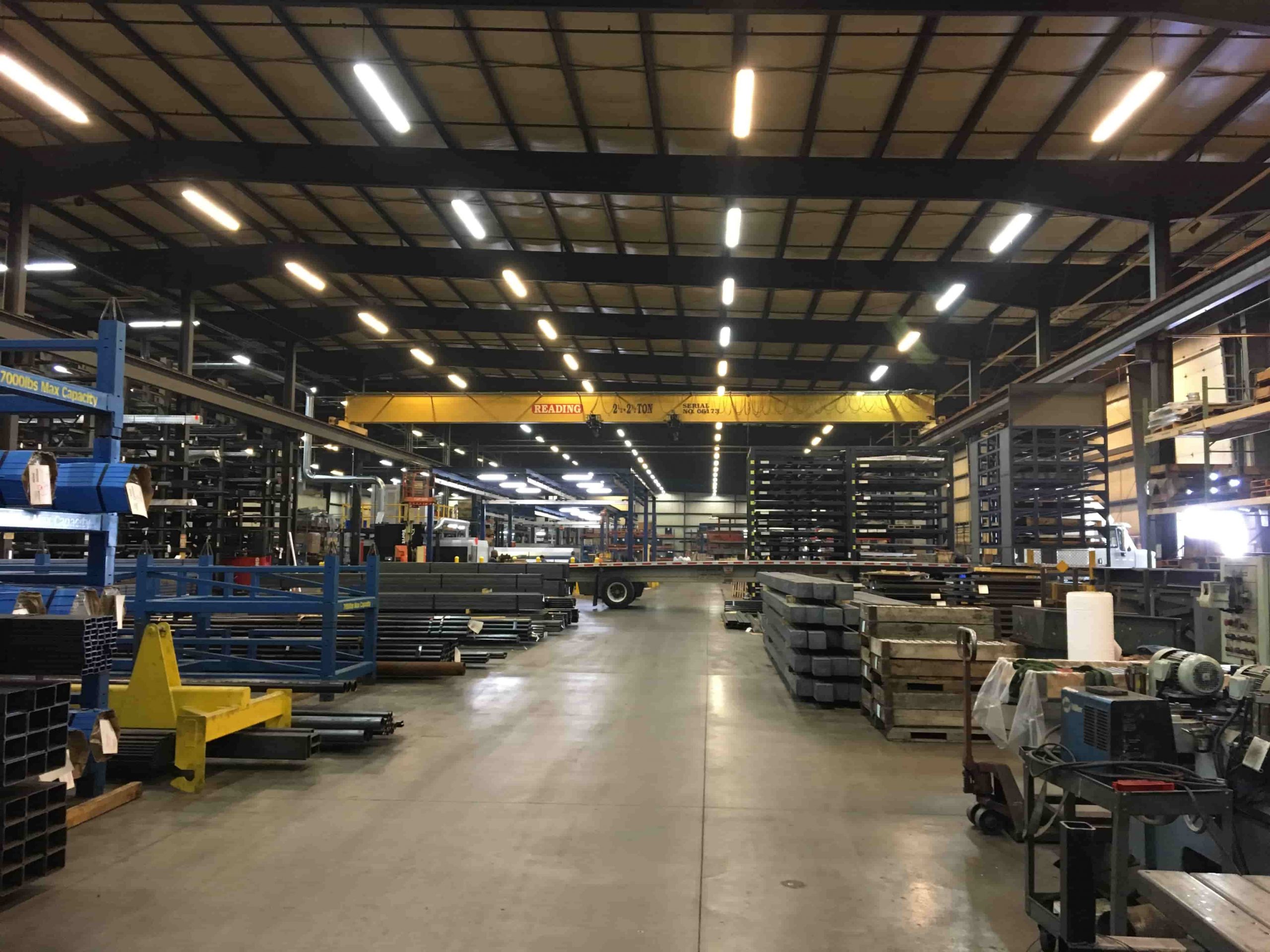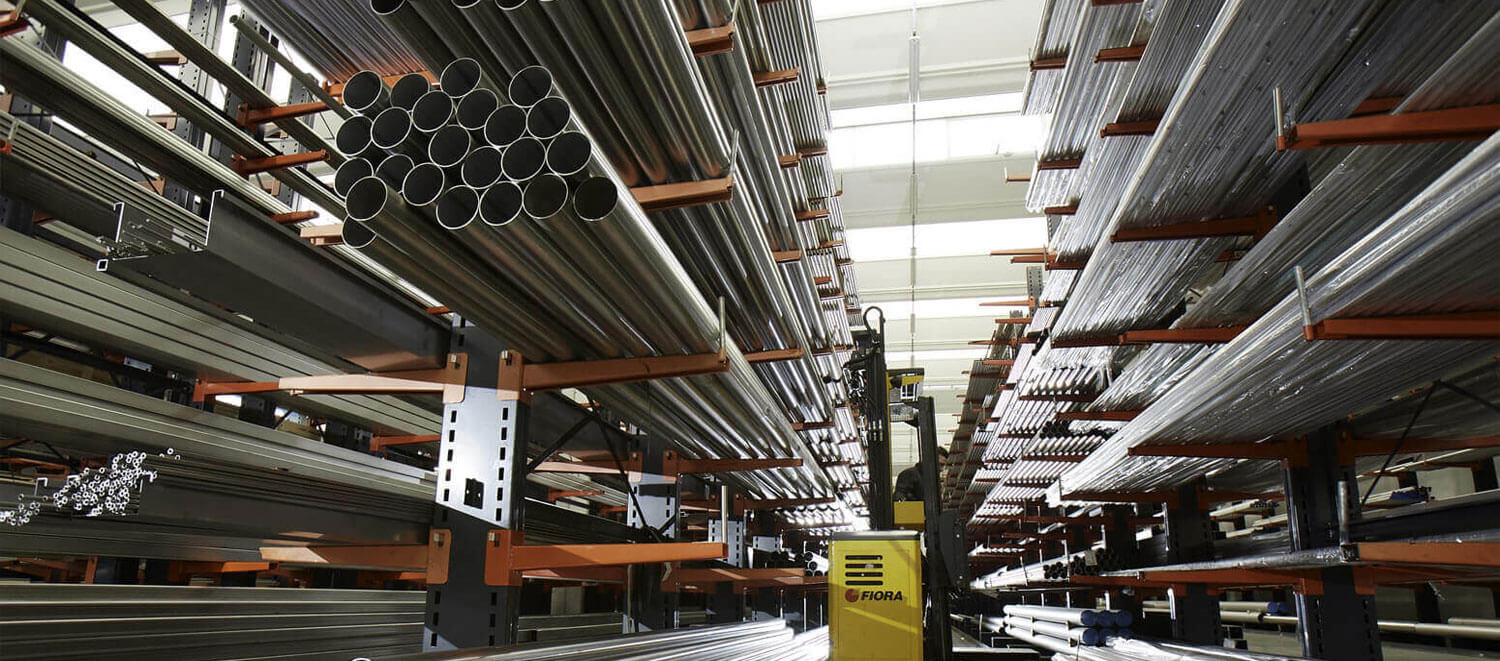Steel Metal Manufacturer: Comprehensive Guide on Types of Steel Metal Sheet
2020-06-10Steel Metal Manufacturer: Types and Uses of Steel Metal
In today’s world, Steel Metal Manufacturer offers endless benefits. Industries around the globe have been using them for almost every kind of application. You can see them in the automobile industry, furniture, fences, and even computers.
What more is that these sheet metals have different types and ranges. Therefore, further enhancing their overall versatility. You can choose the one that would suit your product needs to perfection. Before you finalize the steel metal, it is important to have the basic knowledge about its types.
In this course, of this article, we are going to talk about different types of steel metal. The objective is to provide you basic information so that you are able to make a well-informed decision.
So, without any further delay, let us get started!
Different Types of Steel Metal Sheets
Below, are the different types of steel metal sheets along with their advantages and disadvantages.
Cold Rolled Steel
The first in our list is the cold-rolled steel sheets. For these sheets, you will have to place the metal alloy between two rollers i.e. you take a roll-on top, then place the sheet and then again place the roller.
The objective is to shape the metal into a thinner sheet or piece in comparison to its original size. The interesting fact is that cold rolled sheets starting procedure is that of the hot-rolled steel. However, towards the end, the manufacturer tends to rinse the metal using a certain acid.

The washing of metal with the acid turns it into a cold use. In addition, the final step is providing heat treatment to the sheet, naming annealing. The fact is that cold-rolled steels are robust in comparison to hot-rolled steel.
Also, the cold-rolled closed Annealed steel is among the most affording materials. However, these sheets are very prone to corrosion. To improve the corrosion resistance, the manufacturer applies annealing oil. The only problem is that oil is effective for a couple of weeks.
We have listed different CRCA grades according to the IS 513.
CRCA Material Grades
CRCA Material: Advantages
- Deep Drawn
- Extra Deep drawn grades
- Low Cost
- Excellent Dimensional accuracy
- Excellent weldability
- Good Strength
- Superior Surface Quality
CRCA Material: Disadvantages
- High Weight
- Cost of the Final Finish is high
- It is extremely prone to corrosion.
Hot Rolled Steel
Next, we have the hot rolled steel sheets. The difference between cold rolled and hot rolled sheet is the temperature. In hot rolled steel sheets, the manufacturer takes the temperature up to 1400-degree Fahrenheit.
In some cases, the manufacture might have to take it even higher. To increase the metal temperature, the manufacturer tends to use multiple methods. For instance, some of them might use the soaking pit of induction heating.
Doing this will help increase the temperature to great lengths. Thus, making it possible to heat the metal before the start to roll. Doing this makes it easier for them to achieve the desired shape.
The process can shape metal sheets with different thicknesses. For instance, it is effective with sheets having a thickness between 1/6 inches to 5/6 inches.
Mild Steel
Mild steel is another famous, yet affordability type of sheet metal. Manufacturer categorizes it as the sub-category of the cold-rolled steel. The reason being, the steel alloy in the process does not have a high level of carbon in comparison to other steel sheet metal.
Due to the lack of carbon, mild steel sheets are flexible. They adapt well to a number of manipulation processes such as the formation or the welding. You will often find mild sheeting in a number of industries.
For example, they are extremely common in the formation of the body parts of automobiles. You can find mild steel in different thicknesses. They are mostly available in the thickness ranging from 2391/1000 inch to 76/1000 inch.
Mild Steel: Advantages
- Cheaper in comparison to some other metal types.
- Great Conductor
- Exhibits ductility
- Easy to manipulate
Mild Sheet: Disadvantages
- Prone to Corrosion without galvanization
- Not best for products that would come constantly in contact with water.
- Offers less strength especially in comparison to stainless steel.
Aluminum
Even if you do not belong to the industry, you would be familiar with aluminum. After all, it is the most common sheet metal material, but not in comparison to steel.
There is no denying that steel is the most common sheet metal material in the industry. Due to its numerous advantages, a steel metal manufacturer is more likely to use steel.
However, this in any way does not imply that aluminum has no worth. On the contrary, the choice of material mostly depends upon the product requirement. There are many reasons for choosing aluminum.
However, the most common is its innate ability to be soft. When the manufacturer adds elements like magnesium, silicon, copper, or icon, they are able to increase the overall strength of aluminum steel sheets.
The manufactures also use a heating process to further enhance the strength of aluminum metal sheets. Another reason they are famous is due to their corrosion-resistant ability.
They are naturally corrosion resistant. Therefore, manufacturers use an aluminum sheet for a number of processes such as electronic chassis, jewelry, household appliances, and fan blades among others.
Aluminum Steel Sheet: Advantages
- It is soft.
- Aluminum has a natural corrosion resistance capability.
- To add strength, manufacturers can incorporate other materials into it.
- Aluminum is lightweight
- It is possible to recycle it.
- It is a good thermal conductor
- Has an excellent electrical conductivity capability
Aluminum Sheet: Disadvantages
- Weldability is not strong.
- It is 3x timing costlier in comparison to the CRCA.
Aluminum Grades for a Steel Metal Manufacturer
- 5251-H22: Works well for marine environments
- 6061
- 1050-H14: This grade tends to offer Good Weldability
- 5052-H34: outstanding corrosion resistance, Fair Formability, and great Welding characteristics
- 5052-H32: The most common aluminum grade in the industry. It has good formability.
Perforated Steel Metal
Under this category, you have a wide range of sheet metal ranging from bronze to stainless. These are different when you compare them with other sheet metals. The reason being, the steel metal manufacturer has to cut holes into the metal sheet.
The size of the hole depends upon the requirement of the application design. The same rule applies to the shape of the holes. Nonetheless, you will find holes either in square or round shapes.
The slotted holes are very common. Also, manufacturers often design these holes in either an even pattern or asymmetrical pattern. This is also the case with the enclosure sheet metal.
Furthermore, you may come across with holed sheet metals that have a decorative pattern on them. These sheets are even more complex than the regular ones.
Stainless Steel Sheets
The stainless-steel sheet is a corrosion-resistant alloy. It contains around 10.5% of chromium. One of the reasons that stainless steel offers great corrosion resistance is that there is a film formed on the surface of the steel that is rich with chromium oxide.
Stainless: Advantages
- The material offers good weldability.
- You can have access to good grades.
- It is easy to fabricate.
- It has outstanding corrosion resistance.
Stainless Steel: Disadvantage
- It is expensive.
- It comes with limited finishing options.
Common grades of Stainless Steel Available in the Market
- SS-316
- SS-304-H
- SS-304-L
- SS-304

Take Away
A steel metal manufacturer believes that selecting the sheet metal material process is imperative for your product design. Therefore, you should consider all types and how these types would affect your design.
When choosing the material, you need to focus on the required product strength, the cost constraints, desired corrosion resistance, and weight resistance.
Focusing on these elements would help you make the right decision. In addition, if you are still having trouble deciding the material type. You can always reach out to us any time you want. Our learned staff would ensure that you make the right decision, the first time.




